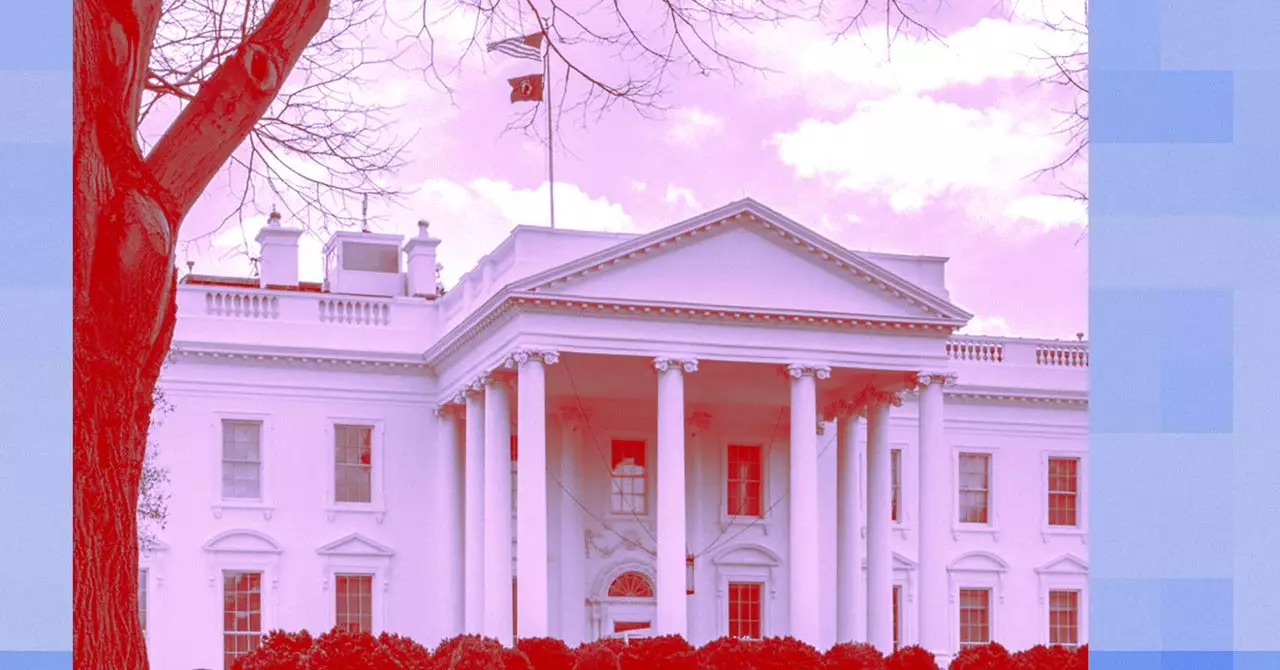When Sam Altman, the CEO of OpenAI, first appeared before the Senate Judiciary subcommittee on May 16, 2023, the atmosphere was tinged with optimism and eagerness. Altman delicately portrayed artificial intelligence (AI) as a revolutionary innovation akin to the printing press, emphasizing the pressing need for robust regulatory frameworks to mitigate the unforeseen perils that accompany such transformative technologies. His fervent appeal resonated with senators who viewed regulations as essential safeguards in a rapidly evolving landscape.
Fast forward two years, and the tonal shift is palpable. On May 8, 2025, Altman returned to a Senate stage, but this time, the legislative backdrop was far less congenial toward oversight. Dubbed “Winning the AI Race,” the hearing marked a stark transition. The senators, particularly Ted Cruz, touted deregulation as a necessary stimulant for innovation, effectively abandoning the emphasis on external scrutiny—a reversal that reflects broader geopolitical and economic anxieties surrounding artificial intelligence.
The Dichotomy of Regulation: Finding Balance
What can be underscored here is the dissonance between the initial calls for regulatory caution and the urgency now ascribed to uninhibited innovation. Wherever one stands in this debate, the underlying implications are tremendous. Altman’s previous cries for regulation have morphed into pleas for investment and fewer restrictions. The crux of this shift appears to hinge on existential threats—foremost, the competition with China in the AI arena.
While Altman concedes that some form of regulation may be necessary, he vehemently argues against excessive constraints, labeling them “disastrous” for innovation. This paradox is particularly intriguing; it begs the question of whether a balanced approach can truly be attained amid competing interests. Is an atmosphere conducive to growth achievable without compromising safety and accountability? The stakes are increasingly high, and the moral fabric of technological advancement hangs in the balance.
The Geopolitical Landscape: China as a Catalyst
A significant factor fueling this fervor for deregulation is the looming shadow of China’s burgeoning AI capabilities. With reports of the nation accelerating its technological advancements at an alarming pace, the notion of falling behind becomes a genuine concern. The discourse has shifted dramatically: from regulatory oversight to a desperate race for supremacy. Former Google CEO Eric Schmidt’s musings on the “hard takeoff” theory—including the potential scenario where AI matures to the point of superintelligence—serve as provocative reminders of the inherent dangers posed by unbridled advancement.
The U.S. government’s proactive stance, especially under the Trump administration, reflects an emerging policy that prioritizes economic competitiveness over cautious oversight. This pivot away from stringent regulation reveals an unsettling willingness to overlook the imperative of responsibility in favor of preserving American leadership in AI innovation. The political narrative is crystal clear: any sense of restraint may jeopardize the country’s footing in a critical global contest against a rival which is rapidly consolidating its technological might.
The Local Impact: A Legislative Standoff
The trajectory of AI regulation in the U.S. has not only ignited national conversations but has also led to a legislative standoff at the state level. The federal government’s distaste for disparate regulatory measures threatens to silence local initiatives aimed at implementing sensible oversight. Certainly, the decision recently rendered by the House—with the moratorium on state-level AI legislation for the next decade—poses dire implications. Entwined in this move are the consequences of stagnation and potential missed opportunities for pioneering ethical frameworks that could be crucially required in AI’s future landscape.
State lawmakers, often closer to pressing social issues influenced by technology, may find their hands tied by federal mandates that prioritize uniformity over tailored initiatives. The success of AI technology cannot be considered solely through a lens of innovation; ethical implications and social consequences demand equal attention. As states are left in the cold, crucial conversations about the responsible deployment of AI risk being sidelined or suppressed altogether.
The Uncertain Future of AI Governance
As the national discourse edges towards an unregulated frontier, questions emerge: How do we ensure that the race for AI advancement does not trample ethics underfoot? Will the U.S. prioritize winning at all costs, or will it establish a moral compass for guidance? The complexity of this debate cannot be overstated, as it deeply impacts a myriad of aspects, from personal privacy to societal impacts.
While Altman maintains that a smart regulatory environment can enhance capabilities and systematic resilience, the strengthening voices against excessive regulation sow seeds of uncertainty. In a world where AI could potentially define the next era of human existence, the balance between progress and prudence might be one of the biggest challenges our leaders face. The question stands: can we harness the transformative power of AI without losing sight of the societal implications it carries? The answer remains unclear as the landscape continues to evolve rapidly.

